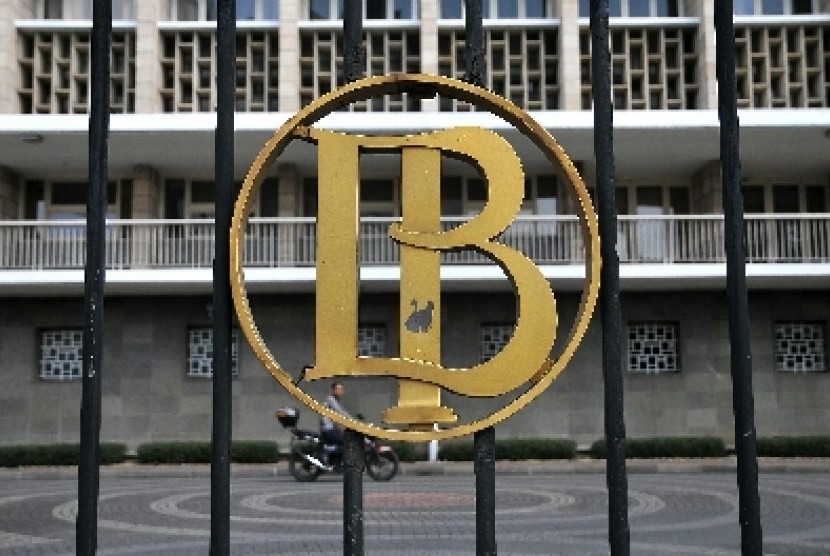REPUBLIKA.CO.ID, JAKARTA -- The government should impose hedging to prevent currency risks and strengthen the rupiah so that the seven percent economic growth target could be achieved, according to foreign exchange analyst Mario Singh of Singapore.
"The Joko Widodo - Jusuf Kalla government can easily achieve its economic growth target of seven percent if it is able to control currency fluctuations through hedging," he said here on Saturday (22/11).
According to Mario, hedging is important to reduce the impact of possible global economic turmoil and to preserve the local rupiah's stability against major world currencies.
"It is very dangerous if companies in Indonesia, which have not carried out hedging, reach 60 percent," said Mario, who is also a foreign exchange and money market mentor.
He noted that it is important for the Joko Widodo government to follow and anticipate the world's foreign exchange fluctuations. With the world's foreign exchange transaction reaching US$5.3 trillion, the influence of the transaction is very significant.
"The more a country is open, the more sensitive is its economy to world foreign currency fluctuations," he said.
In the meantime, Governor of Bank Indonesia (BI/the Indonesian central bank) Agus Martowardojo said state-owned enterprises (BUMN) which conduct foreign currency transactions should apply the hedging system. If they do not, it could cause losses to their financial reports when they are audited by the Financial Service Authority (OJK).
"If they do it correctly, there will be equilibrium which will prevent risks from the currency exchange that will have an impact on the company's losses," he said.
Meanwhile, Director of the Monetary Management Department of BI, Edi Susianto, said hedging is a method or strategy to reduce and avoid financial risks that could emerge with respect to assets or obligations, due to uncertainties of prices or the values of the exchange rate or interest rate.
He said that most state companies in Indonesia had not yet applied the hedging system.
Large state companies, such as state oil and gas company Pertamina and state power plant PLN, are now in the process of finalizing their infrastructure supports, such as standard of operation (SOP) systems, human resources and others.
"The foreign exchange market in Indonesia is the most prone to fluctuating because it is dominated by cash transactions," he added.


